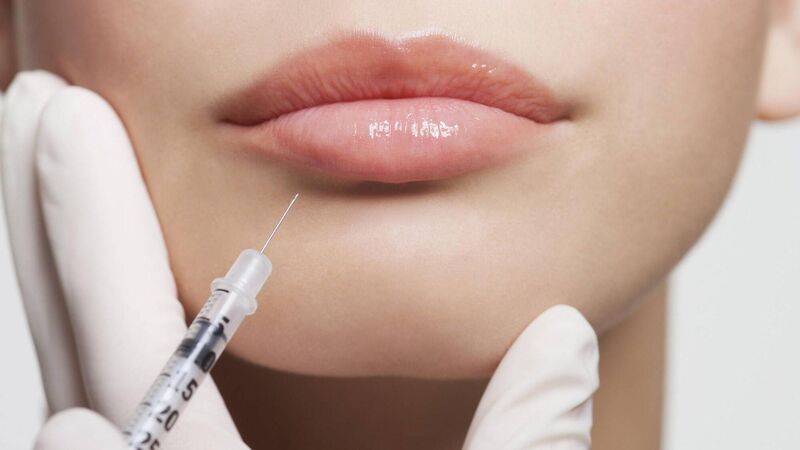Cosmetic procedure legislation has been 'just sitting on somebody’s desk' for eight years, medic says

This week’s Irish Examiner Women’s Health Report shows that a growing number of women – particularly those under 34 – feel positive towards cosmetic treatments and plastic surgery procedures including brow lifts, 'nose jobs', and breast augmentation. File picture
Stalled legislation around regulating cosmetic procedures like botox and fillers is "just sitting on somebody’s desk" for eight years with "no impetus to push it forward" until a death occurs, a leading medical practitioner has warned.
A decision is expected from the Government shortly about recommencing drafting of legislation to regulate such cosmetic procedures. It comes amid concern at the lack of regulation in the area, amid high-profile cases in the UK about botox and other procedures in recent weeks.










